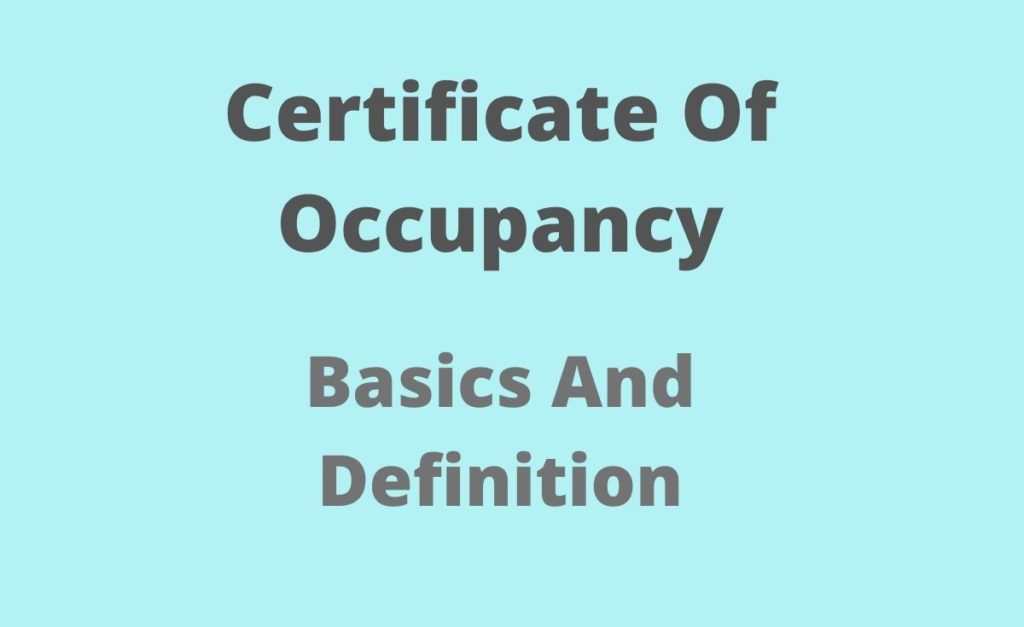What is certificate of occupancy?
When a home is built or repurposed it must be certified before people live in it. A certificate of occupancy must be obtained which is the certification offered by a local government that confirms that the property is ready for people to occupy it.
Before the local government provides this certification it will examine the building and make sure that it was built according to local building codes. The government will send a certified building inspector who will work on its behalf.
Most of the time buildings that require a certificate of occupancy are those that have been transformed from commercial activities to residential and vice-versa and newly built buildings. In addition, rental buildings must have this certification and keep it active at all times.
Who needs this certification?
The certification of occupancy are needed in the following conditions, according to the balance.
- Property conversion: When a building is changing from one use to another, the owner must seek a certificate of occupancy. A rental property that was changed into an office complex from a warehouse, for example; must have this certification to make sure that the building is strong, safe, and was build based on local government building codes.
- Change of ownership: Multifamily, industrial, and commercial property owners must have a certificate of occupancy whenever the ownership is exchanged.
- New constructions: New constructions need a certificate of occupancy before the building is used.
- Major construction
How to get a certificate of occupancy?
Before you are guaranteed this certification, your building will go through inspections. A certified inspector who works on the behalf of the government will perform all inspections needed according to the building codes.
After passing all inspections, you will be issued this certification and it can be found at your local building department or housing department, according to the Balance. If you did not pass the inspection, you may be given enough time to correct your mistakes and reapply again.









